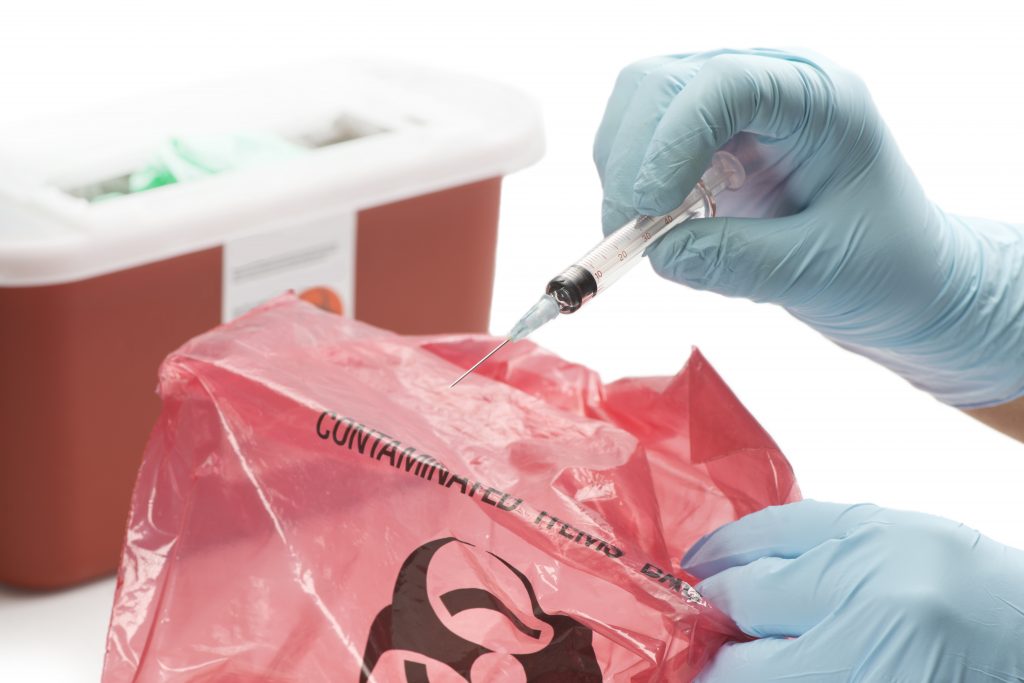Immunization Awareness Month – Understanding the role of medical waste services in safeguarding the environment and overall community health during National Immunization Awareness month.
August is designated as National Immunization Awareness Month (NIAM) in the United States and is an important time to discuss the hot topic of vaccinations. They are critical when it comes to protecting people of all ages from preventable diseases.
Vaccines have helped to eradicate and control numerous diseases that once caused widespread fatalities to the population. In order to continue to maintain the best possible public health, it is essential also to understand the role medical waste services play in safeguarding overall community health.
What is National Immunization Awareness Month?
NIAM is a perfect reminder to stay up-to-date on vaccinations. Together with the CDC, it is a month to promote awareness campaigns and educate the public about the importance of immunizations for preventing diseases like measles, polio, influenza, hepatitis, and many others.
How Medical Waste Services Fit In
Amid the ongoing immunization awareness efforts, it is also important that waste generators and health facilities address medical waste dipsoal services and the need to protect healthcare workers, the public, and the environment from potential hazards.
Here’s a closer look:
- Safe Disposal of Sharps: Vaccinations often involve the use of needles and syringes. After administering vaccines, these sharps become biohazardous waste. Medical waste services ensure their safe collection, transport, and disposal in compliance with local and federal regulations, minimizing the risk of needlestick injuries and infections.
- Handling Contaminated Materials: Throughout vaccination campaigns, materials, such as gloves, gauze, and vials, may become contaminated. These materials must be disposed of properly to prevent the spread of infectious agents. Specialized containers and procedures to securely handle and dispose of contaminated materials is key.
- Environmental Protection: By using reputable medical waste services, healthcare facilities and vaccination centers contribute to reducing the environmental impact of medical waste. These services employ eco-friendly disposal methods, such as incineration and autoclaving, to ensure minimal harm to the environment.
- Compliance with Regulations: Strict regulations govern the handling and disposal of medical waste. Adherence to guidelines ensures the safety of everyone involved in the vaccination process, from healthcare professionals to waste handlers and the general public.
National Immunization Awareness Month serves as a vital reminder of the essential role vaccines play in preventing diseases and promoting public health. This August, let’s unite in supporting immunization and responsible medical waste management for the well-being of our communities.
In need of services? MedXwaste offers local licensed transporters for all your medical waste and hazardous waste removal needs.
You Might Also Like:
- It’s Flu Season: Waste Management Solutions for Vaccines – Immunization Awareness
- What Happens to Medical Waste When It Leaves Your Facility
- What is Cradle to Grave Processing?

Service Areas: Long Island Medical Waste; New York City Medical Waste; Westchester Medical Waste; and more.


